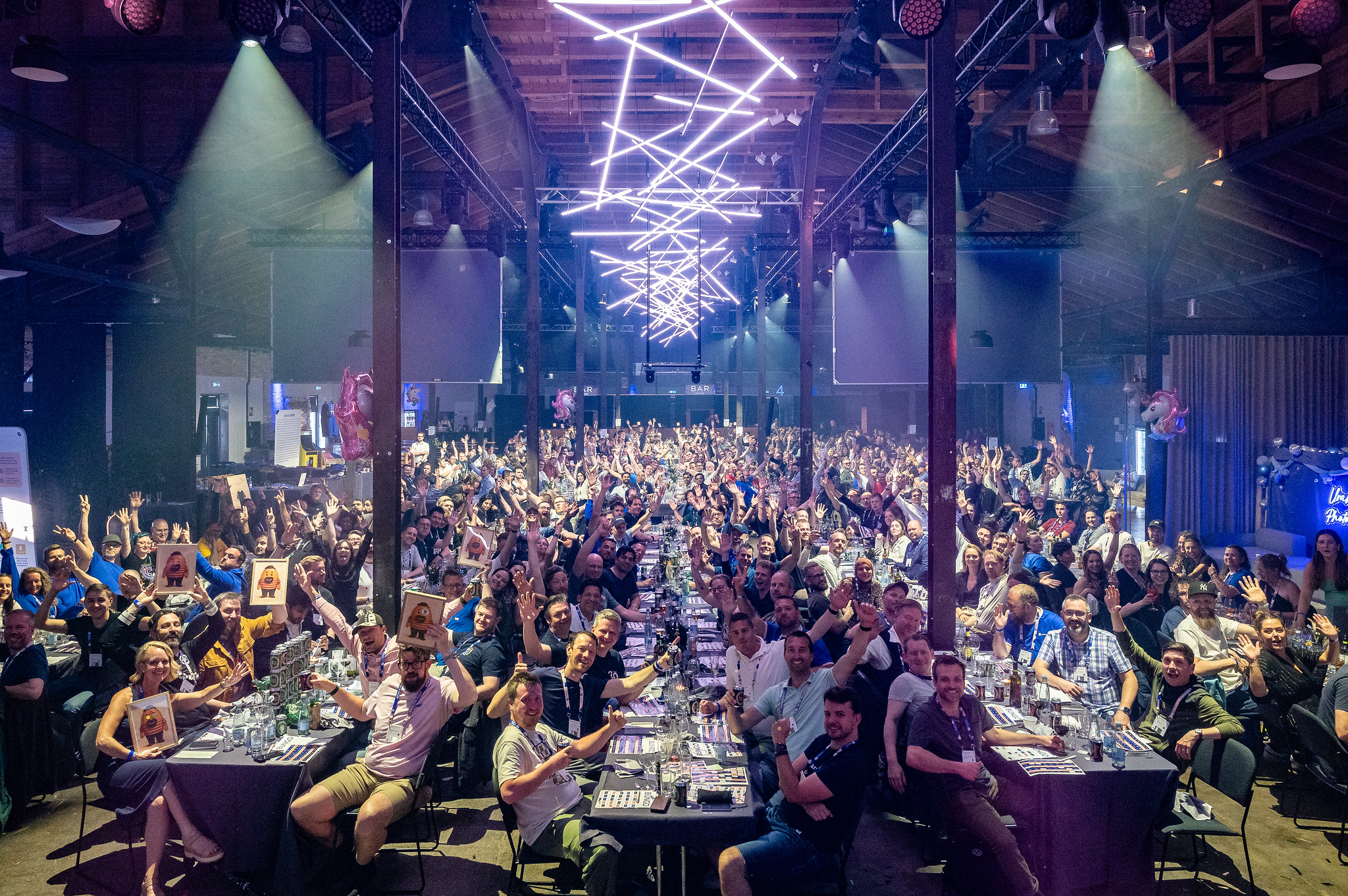
Codegarden 2025: 5 Umbraco Highlights for Business Teams
- David Aichinger
- 25.07.2025
- Digitalisierung
Codegarden 2025 – Umbraco’s annual flagship event in Odense – revolved around scalability, security and AI-readiness. More than 800 developers, marketers and digital leads watched the CMS ecosystem leap from classic content management towards a fully fledged composable DXP. From container hosting and single-sign-on to agent-based AI workflows, the roadmap clearly aims to deliver more speed, governance and future-proofing for corporate teams – without sacrificing the flexibility Umbraco is known for.
Below are the five most important business take-aways and the concrete value they will bring in 2025 and beyond.
1 | Enterprise scaling made easy: Containerisation & Back-office Load Balancing
Starting Q2 2025, Umbraco will officially support Docker and Kubernetes deployments – complete with documentation and ticket-level assistance. Development, staging and production environments can be set up identically and rolled out automatically via CI/CD pipelines. In parallel, Back-office Load Balancing (Q4 2025) will let several editorial nodes sit behind a load balancer, enabling thousands of simultaneous editors without performance loss.
Business benefit: lower infrastructure risk, predictable scaling costs and higher availability during traffic peaks or multi-brand campaigns.
2 | MCP Server – AI moves from helper to co-editor
The keynote unveiled the Model Context Protocol (MCP) Server, which will expose Umbraco’s management API to agent-based AI tools such as Claude or Cursor. These agents will soon not only suggest text but also carry out real CMS actions – e.g. creating pages, changing prices or analysing logs – while respecting existing permissions. Stable release is planned for Q3 2025.
Business benefit: editorial automation, faster publishing workflows and data-driven optimisation without manual routine work.
3 | Custom Identity Provider in Umbraco Cloud – SSO at enterprise scale
From Q3 2025 the cloud login can be connected to Azure AD, Okta, Auth0 or any OpenID Connect service. Access rights, MFA policies and off-boarding therefore follow your existing IAM processes instead of separate Umbraco accounts.
Business benefit: a single user base, fewer help-desk tickets and compliance evidence “out of the box”.
4 | Search Abstraction Layer – “Bring Your Own Search” becomes standard
Umbraco is decoupling its search from Examine and will release a Search Abstraction Layer package (target Q3 2025). Developers can plug in Elasticsearch, Azure Cognitive Search or a self-hosted vector service without touching core code. Facets, filters and multilingual support are already planned.
Business benefit: better search results, less development effort when switching search back-ends and future-proofing for AI-powered semantic search.
5 | Umbraco Compose – SaaS orchestration for composable DXPs
Umbraco Compose (private beta, launch late 2025/early 2026) acts as a content hub among CMS, PIM, DAM, ERP and CRM. Content is ingested via an endpoint, delivered through a GraphQL Delivery API and can be referenced in Umbraco CMS with a low-code picker. Compose is headless and CMS-agnostic – yet offers “day-one” integrations for Umbraco.
Business benefit: no costly BFF layers, faster time-to-market for multichannel projects and a solid basis for cross-data AI experiments.
Conclusion
Codegarden 2025 showed that Umbraco is steering its roadmap firmly towards scalability, security and AI-readiness. Investing in container hosting and SSO today means AI agents can be productive tomorrow – and within a year your entire content supply chain can be orchestrated via Compose.
Next step:
Let’s assess which feature will bring the highest ROI for your current project – from container migration to an MCP pilot. Book a non-binding consultation with Cyber-Solutions now!